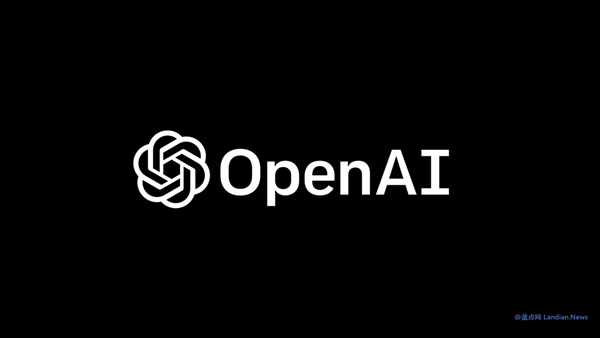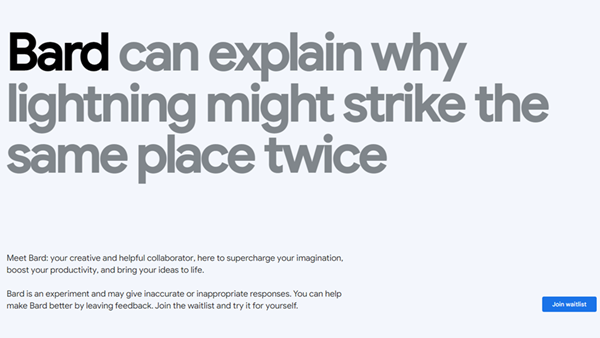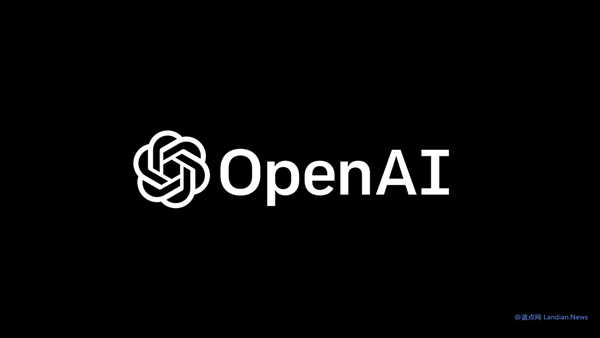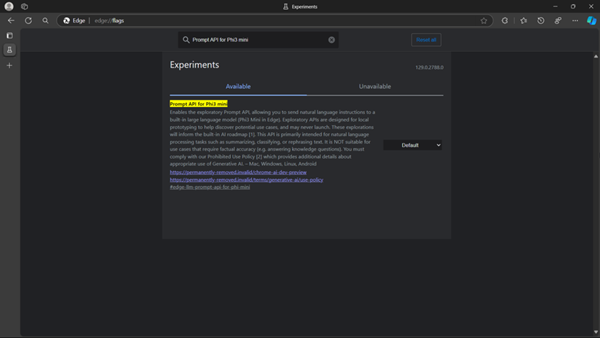Stanford Undergrads Apologize Amid Accusations of AI Research Plagiarism
The AI community is currently abuzz with controversy following allegations that a team from Stanford University, self-identified as Llama3-V, plagiarized an open-source multimodal model originally developed by Tsinghua University's AI team and the AI startup OpenBMB. The model in question, MiniCPM, includes the MiniCPM-V series designed for image and text understanding and has been made available globally under an open-source license.
Starting May 29, 2024, the Llama3-V team, comprising Stanford undergraduates Siddharth Sharma and Aksh Garg, made bold claims that for just $500, they could train a state-of-the-art (SOTA) multimodal model surpassing the capabilities of OpenAI's GPT-4V. However, internet users quickly noticed striking similarities between the structure and code of the Llama3-V model and OpenBMB's previously released MiniCPM-Llama3-V2.5 patch, with apparent minor modifications and renaming of certain variables.
The controversy escalated when OpenBMB acknowledged the similarities, confirming that the Llama3-V project indeed replicated the MiniCPM model's ability to recognize ancient script from the Tsinghua Bamboo Strips, a collection of Warring States period texts donated to Tsinghua University. These texts were meticulously scanned and annotated by researchers.
The actions of the Stanford Llama3-V team have been widely criticized as blatant plagiarism. While building upon open-source models to develop new ones is a standard practice in AI research, merely downloading an existing model, making superficial changes, and claiming it as original work crosses into unethical territory.
In response to the mounting backlash, Sharma and Garg issued an apology on their X/Twitter accounts. In their statement, they shifted some responsibility to another researcher, Mustafa Aljadery, whose code they claimed to have used. They admitted to promoting Aljadery's model on Medium and X/Twitter without conducting a thorough investigation into its origins, thereby unknowingly participating in the dissemination of plagiarized work.
Mustafa Aljadery has since set his X/Twitter account to protected mode and has not issued any response, leaving unanswered questions about whether the plagiarism was a collective effort or if Sharma and Garg were misled by Aljadery.










